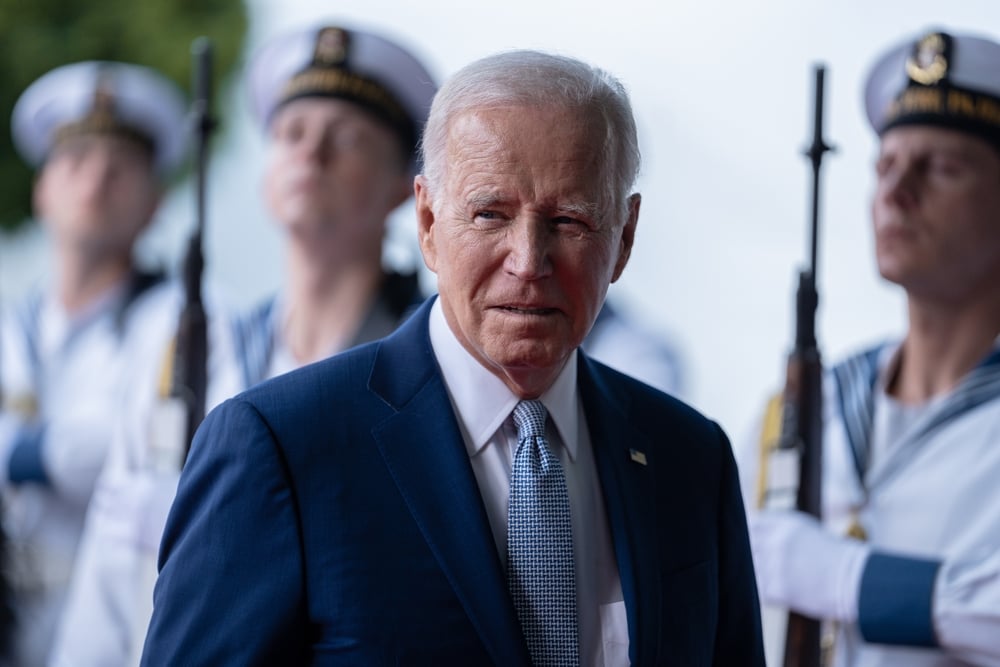The Biden administration reportedly told Iran, via Saudi Arabia, that the US won’t help Israel take out Iranian nuclear facilities as retaliation for October 1st ballistic missile attacks.
By World Israel News Staff
The Biden administration has reassured the Iranian government that the U.S. will not target Iran’s nuclear facilities nor aid Israel in striking them in reprisal for the October 1st ballistic missile attacks, France 24 has reported.
Last Tuesday, Iran launched roughly 200 ballistic missiles towards Israel, the second large-scale direct attack by Iran on the Jewish state, following a combination ballistic missile and drone attack in April.
Senior Israeli leaders, including Prime Minister Benjamin Netanyahu and Defense Minister Yoav Gallant, vowed Israel would “exact a price” from Iran in response to the attack.
Israel’s leadership is reportedly considering a number of Iranian targets, including elements of Iran’s nuclear program, as well as the country’s oil and natural gas extraction and refinement facilities.
According to a report this week by Sky News, the Biden administration is pressuring Israel not to attack Iran’s nuclear sites.
Now, France 24 reported, the U.S. has promised Iran that it will not enable or aid any Israeli attack on Iran’s nuclear program.
The reassurance was reportedly conveyed via Saudi Arabia’s Crown Prince Mohammed bin Salman, the de facto ruler of the oil-rich Sunni kingdom.
Bin Salman is said to have passed the Biden White House’s message on to Abbas Araghchi, Iran’s minister of foreign affairs.
Earlier this week, The Wall Street Journal reported that President Joe Biden was angered by Israel’s refusal to share its plans for a retaliatory strike on Iran.
For its part, Israel has reportedly refused Biden’s demand to take strikes on Iran’s nuclear program off the table.
Biden and Netanyahu spoke by phone Wednesday, marking the first conversation between the two leaders in six weeks.
Vice President Kamala Harris joined in on the call, which focused on Iran’s ballistic missile attack, Israel’s planned response, the ongoing wars in Lebanon and Gaza, and the administration’s fears of a wider regional conflict.


